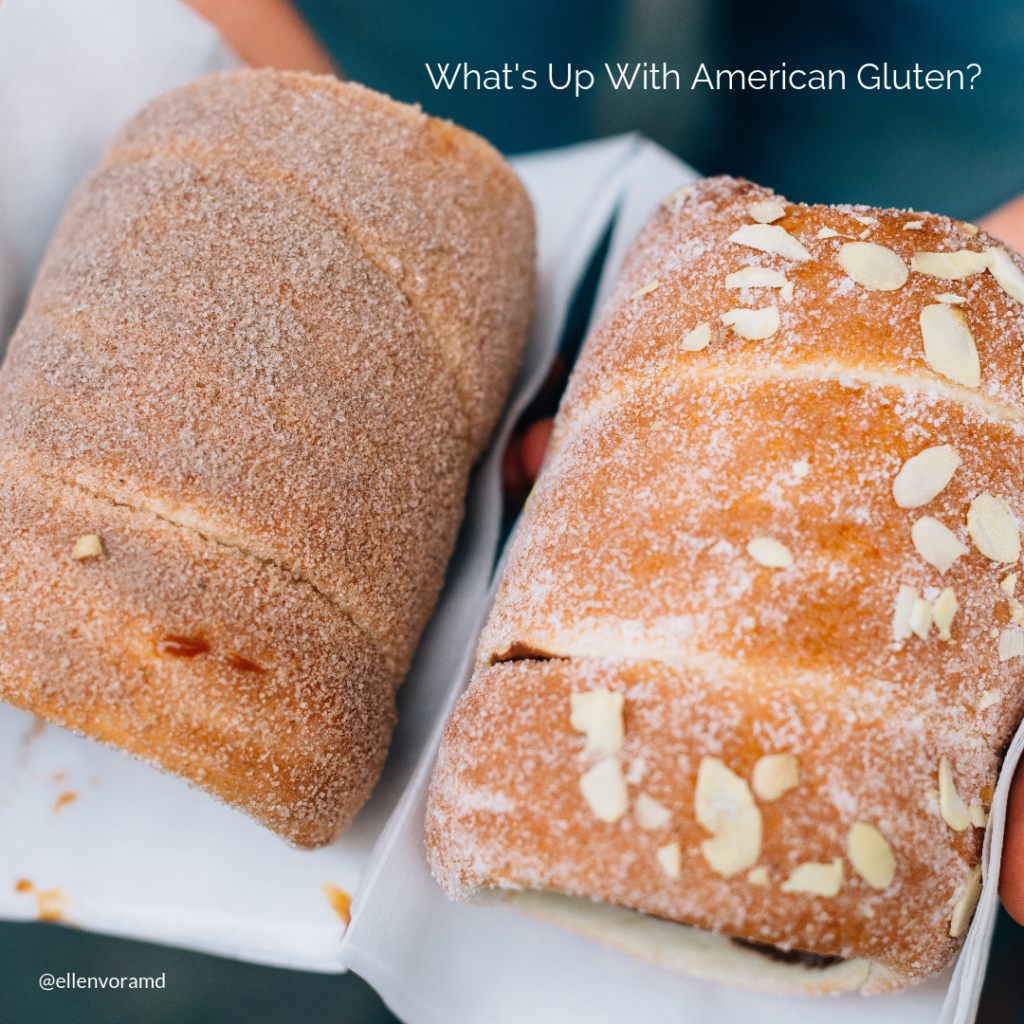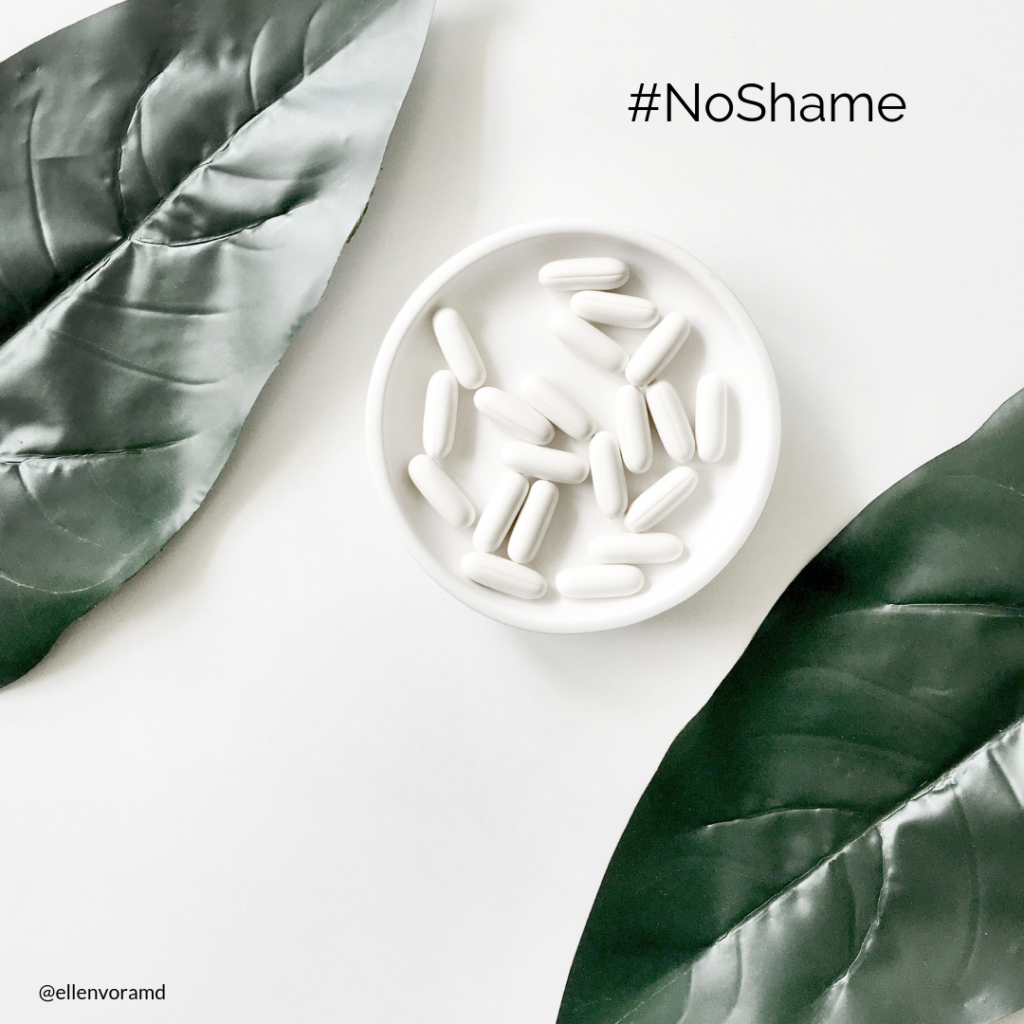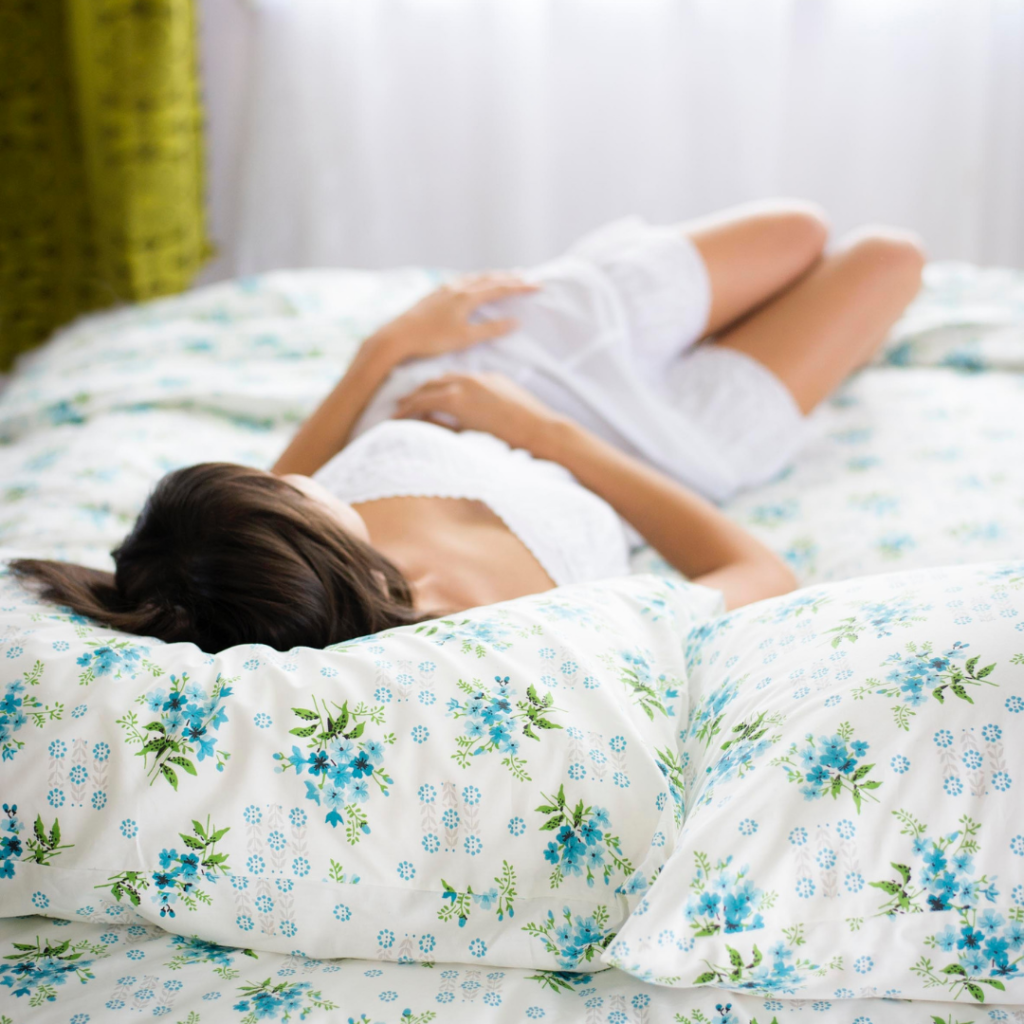
My patients frequently report they can’t tolerate gluten in America, but when they’re in Europe, they eat it and feel fine. I have the same experience. A lot of people hear this and say, ‘oh it’s just because you’re relaxed while you’re on vacation in Italy, so that’s why you tolerate pasta there.’ Okay, fair enough, except I put this theory to the test in my own life.
Last year my family traveled for 7 months around the world. I don’t tolerate a drop of gluten in America, but while I was in Italy, Greece, Israel, Hong Kong, Australia
There is something about American gluten that is deranged. The next theory is that it’s the glyphosate (the active ingredient in the pesticide Roundup that we use on our wheat crop more than any other place in the world). I’m all for pointing to glyphosate as the root of all evil, but I’ve tested out this hypothesis in my own body too. Even when I eat organic long-fermented sourdough from the farmers market (100% glyphosate-free) in the US, I still get symptomatic. I will tolerate that less than a gas station croissant in Italy.
So what gives? Some theories I have are that the yeast


